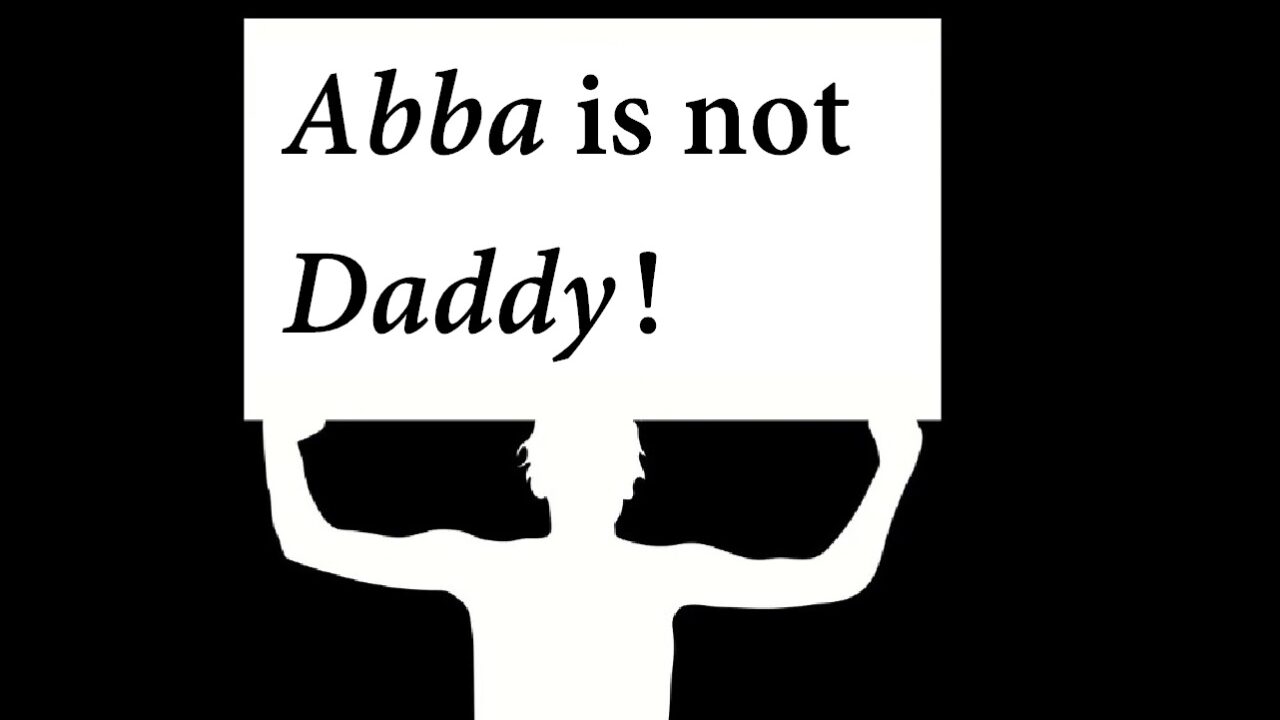by Barbara Buzzard
“The complete novelty and uniqueness of Abba as an address to God in the prayers of Jesus shows that it expresses the heart of Jesus’ relationship to God. He spoke to God as a child to its father: confidently and securely, and yet at the same time reverently and obediently.” Joachim Jeremias, Prayers of Jesus, p. 62-63; New Testament Theology, p. 67-68.
Marianne Meye Thompson points out that author Jeremias, who helped to make the use of Abba popular as meaning “Daddy,” retracted his earlier view that Abba was the language of a small child, almost like baby-talk. He later acknowledged that “Abba” is used as the address of an adult to one’s father. Jeremias wrote, “It would have seemed disrespectful, indeed unthinkable, to the sensibilities of Jesus’ contemporaries to address God with this familiar word. Jesus dared to use Abba. Even grown-up sons and daughters addressed their father as abba.” ibid.
As is often the case, we remember the erroneous version rather better than the correction, and pastors are still teaching that Abba equates to Daddy. (In the article, “Abba Isn’t Daddy,” James Barr, “Abba Isn’t ‘Daddy’”; the author acknowledges that Jeremias did not argue that Jesus called God “Daddy.”)
The term Abba apparently underwent a considerable extension of meaning, replacing an older form of address. “The effect of this widening of meaning was that the word ‘abba’ as a form of address to one’s father was no longer restricted to children, but also used by adult sons and daughters. The childish character of the word (‘daddy’) thus receded, and ‘abba’ acquired the warm, familiar ring which we may feel in such an expression as ‘dear father.’” New International Dictionary of New Testament Theology, Vol. 1, p. 614.




